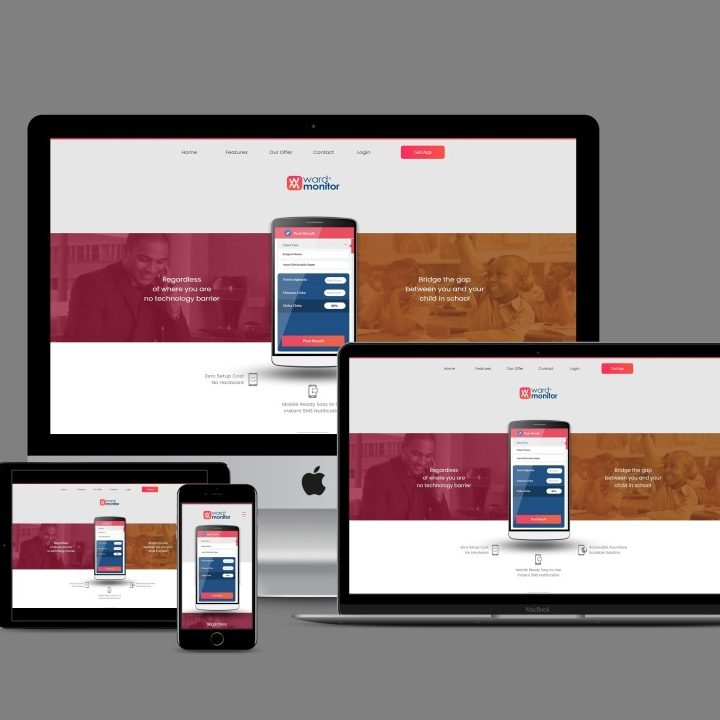Sustainability & Green IT (Tech for Climate)
In today’s fast-paced digital world, technology isn’t just transforming how we live and work — it’s also redefining how we protect our planet. Across Nigeria and Africa, the concept of Green IT (Green Information Technology) is gaining traction as more organizations adopt sustainable technology solutions to reduce their carbon footprint, optimize energy use, and support the global fight against climate change.
From solar-powered data centers to eco-friendly mobile solutions, the Tech for Climate movement is driving both innovation and impact.
What is Green IT (Sustainable Technology)?
Green IT refers to the responsible use of technology to minimize environmental impact. It covers the entire lifecycle of digital devices — from production to disposal — while promoting energy-efficient infrastructure and eco-conscious digital practices.
In Nigeria, Green IT practices include:
-
Using renewable energy (like solar) to power tech hubs and offices.
-
Recycling or repurposing old devices and e-waste responsibly.
-
Developing software that consumes less power and computing resources.
-
Implementing cloud solutions that reduce physical hardware dependency.
Why Sustainability Matters in Nigeria’s Tech Ecosystem
Nigeria’s growing tech sector — from fintech startups in Lagos to data centers in Abuja — consumes vast amounts of energy. As electricity demand surges, so does carbon emission. Embracing sustainable digital solutions not only reduces environmental harm but also:
-
Cuts operational costs for businesses through energy efficiency.
-
Enhances corporate reputation with eco-conscious consumers.
-
Attracts green investments and global sustainability partnerships.
-
Builds resilience against climate-induced disruptions like flooding and heatwaves.
Real-World Examples of Green IT in Action
-
Solar-Powered Internet Infrastructure:
Companies like Tizeti and MainOne are leveraging renewable energy to power connectivity across Nigeria, bringing affordable internet access while reducing reliance on fossil fuels. -
E-Waste Recycling Initiatives:
Organizations such as E-Terra Technologies in Lagos are pioneering safe e-waste recycling, ensuring harmful materials from electronics don’t end up in landfills. -
Energy-Efficient Data Centers:
As data needs grow, firms are investing in green data centers that use innovative cooling technologies to reduce energy use and carbon emissions.
The Role of Green Tech Startups in Nigeria
Nigerian innovators are increasingly building climate-smart solutions, such as:
-
Apps that help farmers adapt to changing weather patterns.
-
IoT systems that optimize energy consumption in smart homes.
-
Digital platforms that promote environmental awareness and carbon tracking.
These tech-for-climate startups are positioning Nigeria as a leader in Africa’s sustainability revolution.
How Businesses Can Go Green with IT
Here are simple steps Nigerian companies can take:
-
Switch to cloud-based systems to reduce physical hardware use.
-
Opt for renewable energy sources where possible.
-
Implement remote work policies to cut commuting emissions.
-
Promote paperless operations using digital signatures and online tools.
-
Recycle or donate outdated tech equipment.
Green IT & Nigeria’s Path to Net-Zero
Nigeria’s Energy Transition Plan aims for net-zero emissions by 2060 — and Green IT is central to achieving that goal. With government support, private sector innovation, and public awareness, the country can balance digital growth with climate responsibility.
You might be interested in: Global Push Toward AI Supercomputing & Energy Efficiency
Sustainability and Green IT are more than global trends — they’re essential strategies for Nigeria’s economic and environmental future. As technology continues to evolve, embracing eco-friendly digital transformation ensures a cleaner, smarter, and more resilient nation.







